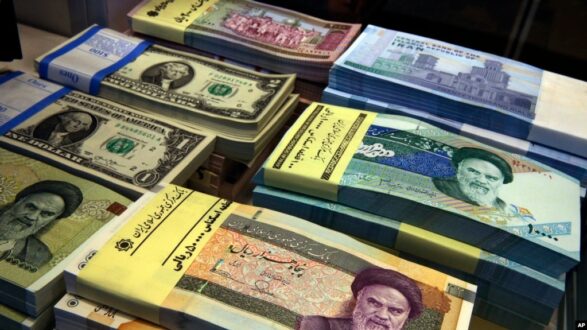Al-Monitor – Iran is again seeking to bolster its ties with Central Asian countries following a regional forum.
What happened: The Caspian Economic Forum took place last week in Moscow. Iran sent First Vice President Mohammad Mokhber to the event.
The regional forum began in 2019, and aims to boost cooperation between states in the Caspian Sea region in trade, investment, energy, tourism and more.
The head of Iran’s Trade Promotion Organization, Alireza Peymanpak, said today that he discussed using national currencies for trade at this year’s Caspian Economic Forum. Iran is floating this idea to circumvent the SWIFT financial system, which sanctions Iran, and reduce dependence on the US dollar. To this end, Iranian officials met with Russian and other banks at the forum to try and set up independent financial channels, the official Islamic Republic News Agency reported.
Why it matters: Iran is heavily sanctioned by the United States over its nuclear program, which makes it somewhat difficult for the Iranian republic to conduct trade. SWIFT, which executes international financial transactions, banned Iranian banks in 2019 under pressure from the Trump administration.
One strategy recently employed by Iran is to use national currencies instead of the US dollar. In August, Iran announced it had begun using rials and rubles for its trade with Russia. Using national currencies with other Caspian states would further reduce Iran’s use of dollars.
Iran is seeking better ties with Central Asia in general. Last month, Iran signed numerous cooperation agreements with Uzbekistan during President Ebrahim Raisi’s visit to the country. Iran’s trade with Turkmenistan is also on pace to double this year.
Iran is also considering implementing visa-free travel with Kyrgyzstan, the Islamic Republic News Agency reported today.
Know more: Iran is working on a SWIFT alternative with Russia and China, though the endeavor faces many obstacles, according to a February report from the DC-based Washington Institute for Near East Policy.
 Shabtabnews In this dark night, I have lost my way – Arise from a corner, oh you the star of guidance.
Shabtabnews In this dark night, I have lost my way – Arise from a corner, oh you the star of guidance.



